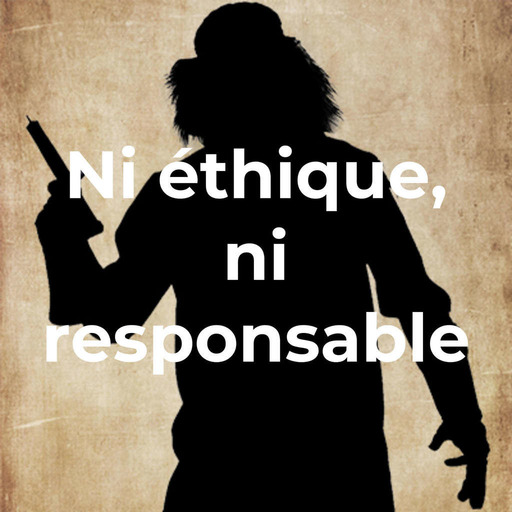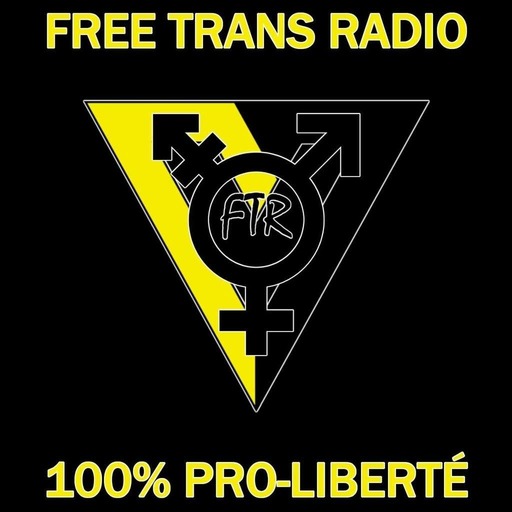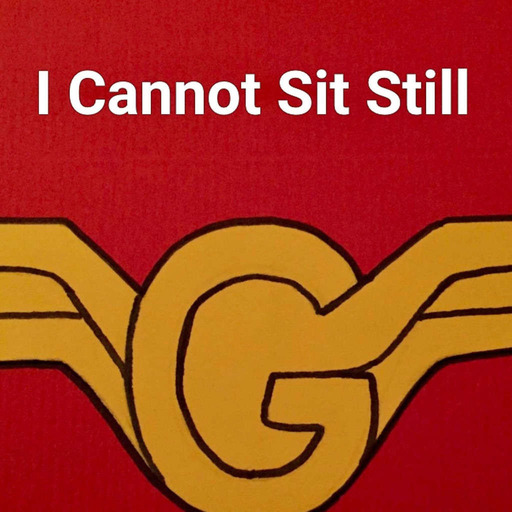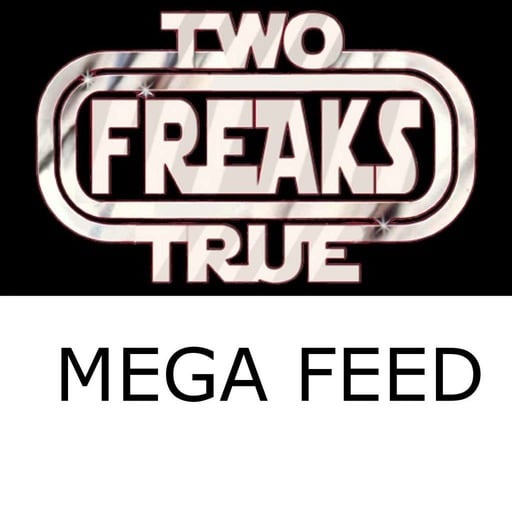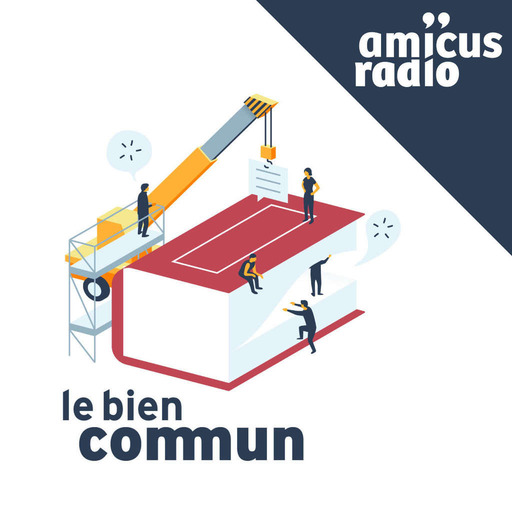Robert Zajonc, après avoir échappé non pas une, mais deux fois aux nazis, s'est lancé dans une carrière fructueuse de recherche en psychologie sociale.
Au menu : L'effet de simple exposition, la facilitation sociale, la vie de couple mariés depuis 25 ans, la température du cerveau quand on est heureux, et les cadets sont les plus bêtes de la famille.
Sources :
- 1965. Social facilitation. Science, 149, 269–274.
- 1966. Social facilitation of dominant and subordinate responses. Journal of Experimental Social Psychology, 2(2), 160–168.
- 1968. Attitudinal effects of mere exposure. Journal of Personality and Social Psychology, 9(2, Pt. 2), 1–27.
- 1975. Birth Order and Intellectual Development, with G. Markus. Psychological Review, 82, 74–88.
- 1980. Feeling and thinking: Preferences need no inferences. American Psychologist, 35(2), 151–175.
- 1980. The Confluence Model: Parameter Estimation for Six Divergent Data Sets on Family Factors and Intelligence. INTELLIGENCE, 4, 349–361.
- 1982. Affective and cognitive-factors in preferences, with H. Markus. Journal of Consumer Research, 9(2), 123–131.
- 1983. Validating the Confluence Model. Psychological Bulletin, 93(3), 457–480.
- 1984. On the primacy of affect. American Psychologist, 39(2), 117–123.
- 1993. The confluence model: Differential or difference equation European Journal of Social Psychology, 23, 211–215.
Twitter : @NiEthiqueNiResp
Ni Ethique Ni Responsable sera présent au festival Podrennes. Plus d'info en début de podcast et sur https://www.badgeek.fr/podrennes/


 Emissions
Emissions